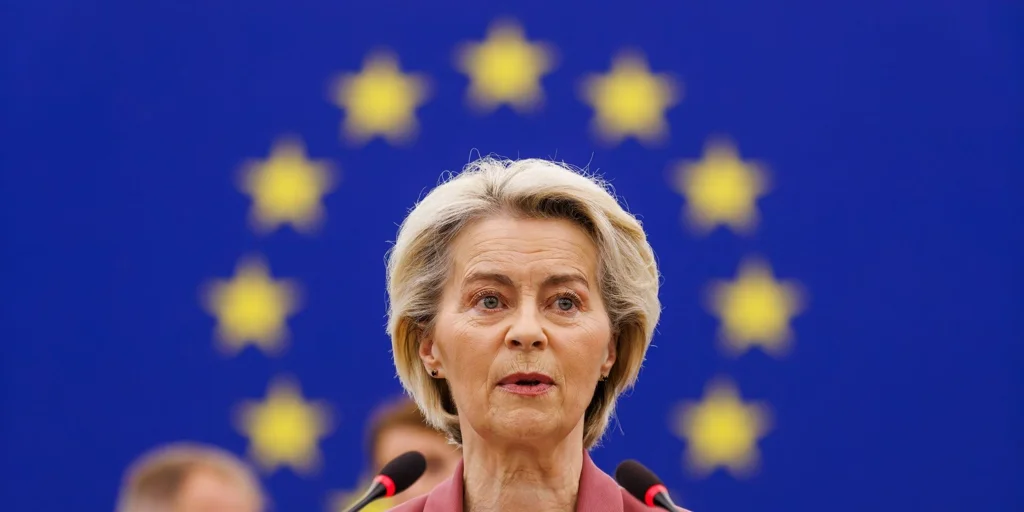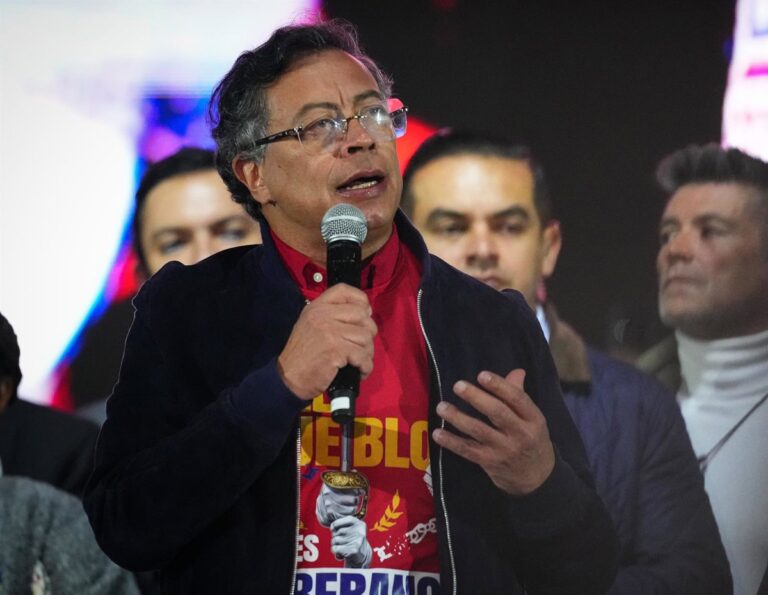
Today, President Ursula von der Leyen intervened in the plenary session of the European Parliament. Brussels It would set the tone for the start of one of the most difficult processes in regional politics, including the approval of the . … Multi-year budgets. This is always a very complex and unpleasant procedure, as it involves funds and usually involves conflicts between the intended beneficiaries and the governments of the contributing countries.
Furthermore, in this case, the European Commission presented a budget proposal for the period 2028-2034. von der leyen In addition to using the money to repay loans from the recovery fund launched during the pandemic, he wanted to reflect his political ambitions to increase the European Union’s ability to act in areas such as defense and security. No less than 2 trillion euros, which corresponds to about 1.2% of Europe’s GDP.
Regardless of the final amount, these budgets are actually very special. Because this is the first time in more than 40 years that the Commission has broken with the traditional scheme of allocating these resources. Traditionally, one-third of community budgets have gone to the Common Agricultural Policy and the remaining third to structural funds. The new budget reduces these two chapters to largely symbolic parts, and the committee also proposes returning control of the funds to national governments.
It is no surprise that, rather than systematically supporting the EU account with little resistance as has been the tradition, this time Parliament has explicitly announced that it will not green light von der Leyen’s proposal. They are represented by political groups supporting the European Commission, such as the European People’s Party, the Socialist and Democratic Parties, the Liberals for Renewing Europe, and the Green Party.
Ms von der Leyen has had to overcome three censure motions in recent months. And with the composition of the chamber so unstable this term, he won them over with some trepidation. His proposal to cut corporate bureaucracy, which has been called for by several governments, has already suffered its first defeat in parliament. For this reason, and despite the fact that Parliament lacks the necessary institutional instruments to compel national governments, a potential rejection of the budget by the European Parliament would leave a very complicated situation.
But if the president announces a series of changes today to move closer to lawmakers’ ambitions, as expected, he may later face opposition from member states. advice They are the second and decisive legislative body. It will also be difficult for her to overcome the criticism arising from the fact that she designed these budgets herself, without the intervention of other members who represent different political sensibilities and may contribute to bringing the position closer to Parliament.
There is still room to approve these budgets (it was not for nothing that the Convention established this seven-year system in the same budget to avoid this kind of vexing debate every year), but the process will inevitably be mixed with debates about the flexibility of climate targets in certain aspects of the automotive sector, or even about the actual effectiveness of the recovery fund and the questions raised by its management. This is also consistent with the distribution of organizational positions in half of the parliament (parliament and council presidents), which would probably make the process even more complex.



